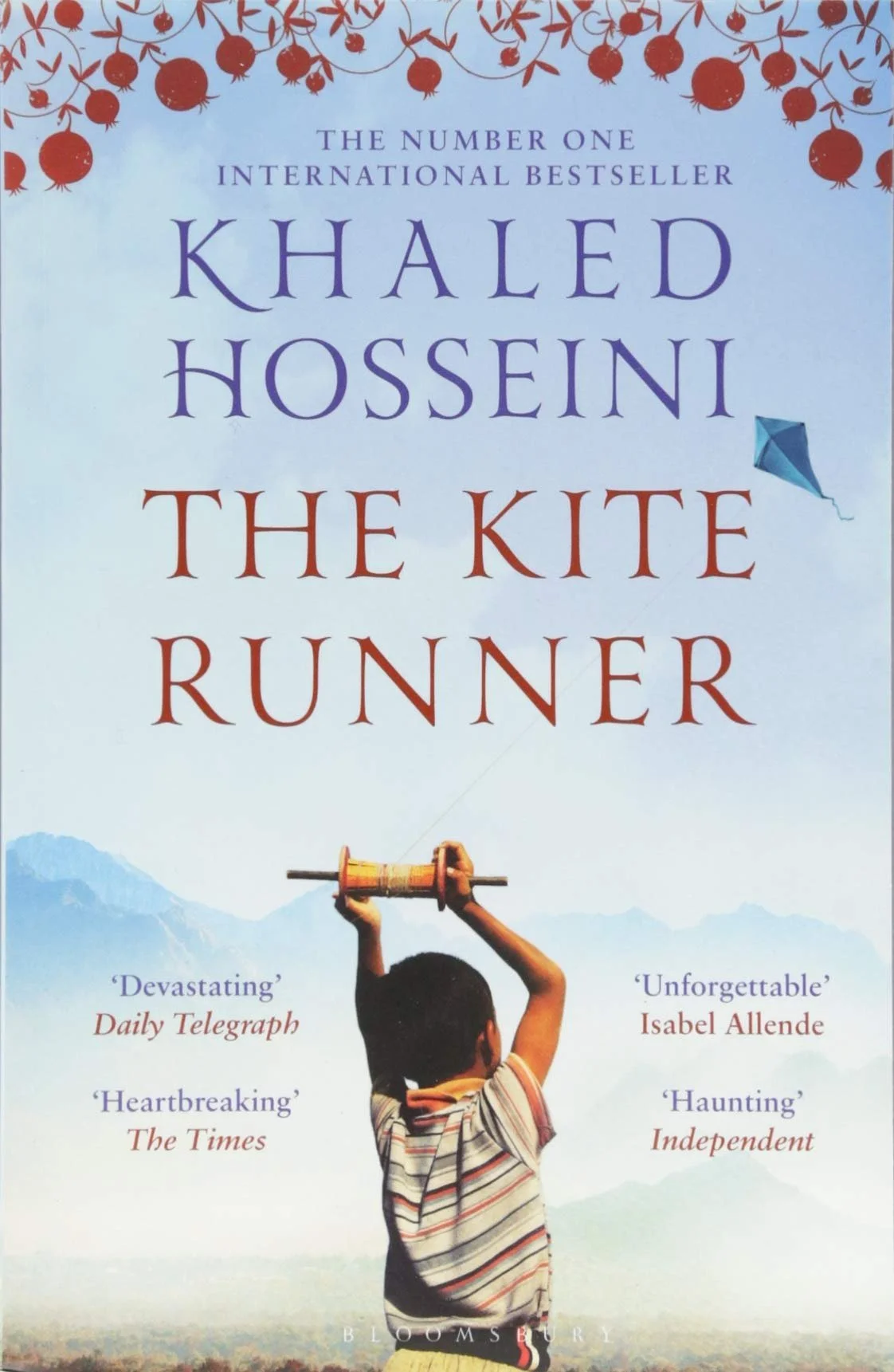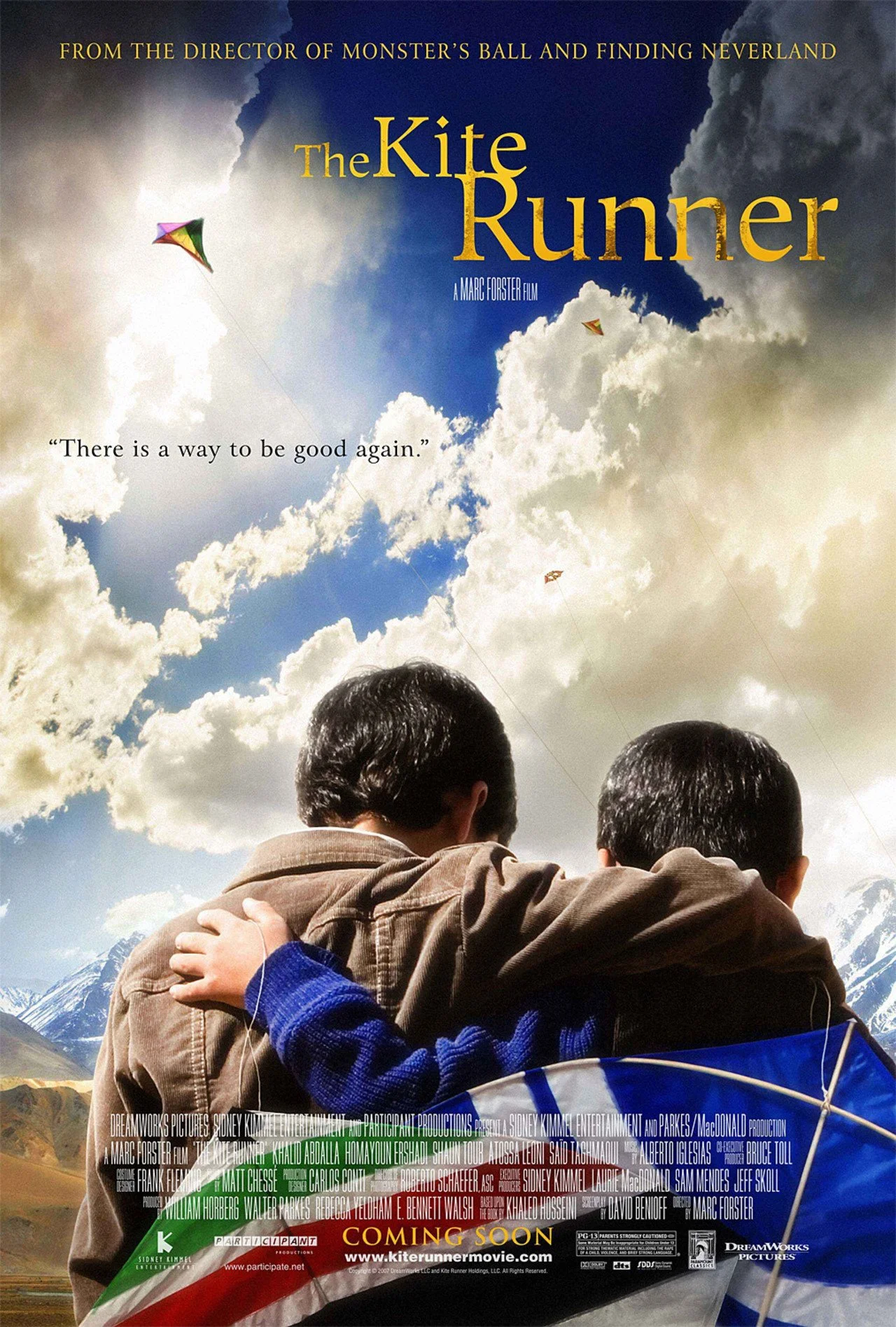“The Kite Runner” by Khaled Hosseini
Reading Time: 4 minutes
The aim of this short article is to encourage the reading of this book and not to replace it. If you decide to purchase it through our affiliate link, we’ll get a few pence in our bank account and you’ll get a big thank you!Get the Book!
The Book Oversimplified
The Kite Runner is the story of Amir and Hassan’s friendship, which, though polluted by violence and wrong early choices, results to be stronger than distance, stronger than Taliban, stronger than war and even stronger than death.
Quotes
“The problem, of course, was that Baba saw the world in black and white. And he got to decide what was black and what was white. You can’t love a person who lives that way without fearing him too.”
“There are a lot of children in Afghanistan, but little childhood.”
“I’d write him a hundred [stories] if I thought he’d read one.”
A Review Through Takeaways
The Kite Runner is a devastating book, probably one of the saddest I’ve ever read, but also incredibly easy to read.
It doesn’t tell the most gripping tale, in my opinion, but I can easily see how a novel like this might change someone’s life for the better. Furthermore, I believe it is incredibly important for the cultural development of humanity that stories about underrepresented cultures become mainstream, and authors like Khaled Hosseini work as drivers for our shared growth.
Afghans are not only terrorists. They are people. They are husbands and wives, mothers and fathers, immigrants and entrepreneurs, politicians and kids. They have an incredible history and a rich culture, and I would be completely oblivious to this if it weren’t for Mr Hosseini.
From his craft, I decided to distil two lessons to make your writing more immersive.
1. A sensory experience
Khaled Hosseini is a master at painting a picture of his culture in every possible situation. He draws from all the five senses and goes beyond them. He mixes the senses in one flawless feeling, where the coldness of the snow is also soft and flavourful and silent. This richness of sensation comes through the words of his characters, their gestures, their hints; what they do as much as what they don’t. Most of it, I doubt you could make it up. Even just living such experiences wouldn’t be enough to report them so vividly.
The secret, I believe, is missing them. Nostalgia brightens memories; it makes the sun shinier and the oranges sweeter, and using what you miss in your writing is an advanced trick that will most definitely pay off in the long run. Write what’s painful, not what’s easy.
Ever heard of Memoirs?
2. You never cease to be human
There’s a scene in the book which really hit the target on me.
Amir, the protagonist, gets road sick—just like me—and his father (his Baba) makes him feel like this is a crime every time. This is the most defining trait of young Amir; his desire to be approved by his father, so strong and so different from his son, and it doesn’t disappear, not even when the circumstances would require so.
During the Russian occupation of Kabul, they have to escape from the country, and to do so they hide in the tank of a fuel truck.
Even during one of the most traumatic experiences of his life, Amir doesn’t stop to be Amir, he doesn’t pause it. If he gets nauseous in a car, imagine being stuck for hours inside a sealed tank, pitch dark inside, crowded with refugees and saturated with petrol fumes while crossing the Afghan border.
Amir is not naïve; he understands the gravity of the situation, and yet he can’t help but be himself. He feels sick, and seeks comfort in his father's approval, even while risking his life fleeing from war.
Don’t forget the humanity of your characters, their flaws and obsessions, not even when the readers themselves are too busy uncovering the most exciting of twists.
Conclusion
The Kite Runner didn’t make my top 10 the past year for a simple matter of personal taste.
It is a heart-breaking book depicting a reality far too familiar to us even in 2022. I think most readers-first (rather than writers-first) would thoroughly enjoy it and cry with it if the timing is right.
Alla prossima
Get the Book from Amazon/audible (UK)



